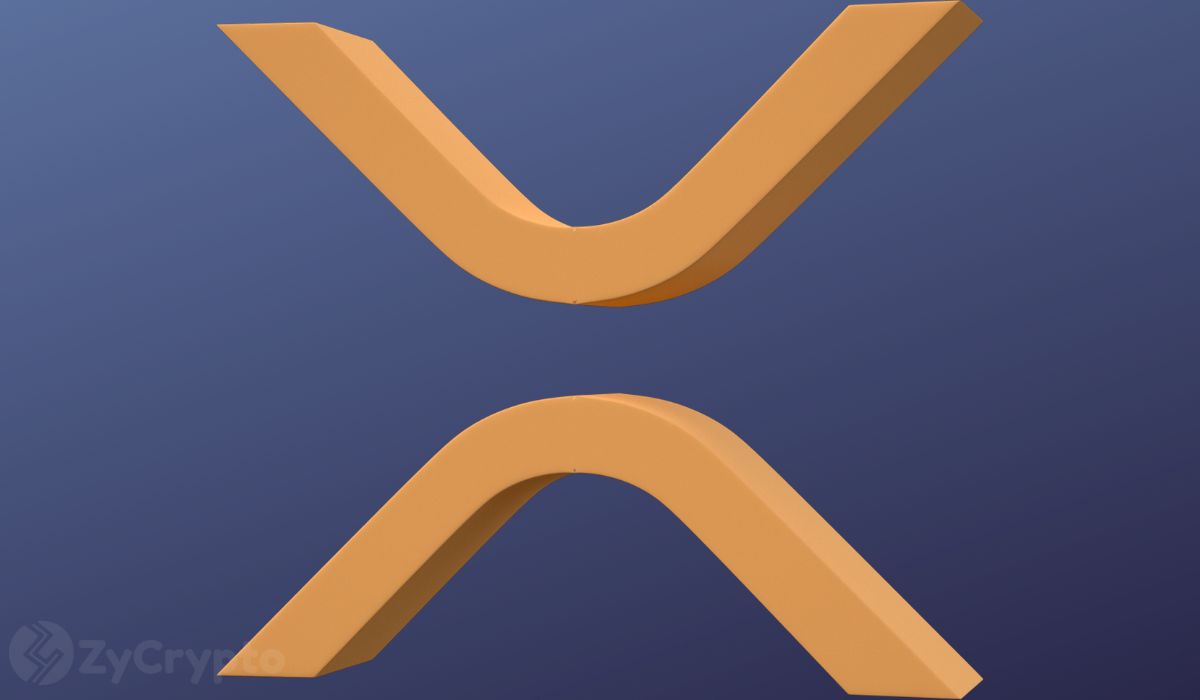ARTICLE AD BOX

A recent global research and accounting firm Ernst & Young (EY) report reveals that 20% of institutional investors are now holding XRP, showcasing the growing interest in this digital asset among large-scale investors.
The report “How Institutional Investors Plan to Approach Digital Assets in 2024” illuminates institutional players’ shifting trends and strategies in the cryptocurrency market.
According to the report, which surveyed institutional investors primarily from the US and the EMEA region (Europe, the Middle East, and Africa), the overall sentiment towards digital assets remains positive. While 37% of these investors have already allocated funds to spot cryptocurrencies, their plans are increasingly leaning towards investing in digital asset funds rather than direct cryptocurrency holdings.
“Overall, more than 90% of institutions are optimistic about the longterm value of crypto and over 80% consider it a key tool in portfolio diversification.” The report stated.
That said, among the various cryptocurrencies, Bitcoin and Ethereum dominate institutional portfolios, with 98% and 78% of respondents reporting allocations to the two assets consecutively. Solana follows with 24%, and XRP comes in at 20%.
Notably, the report’s findings underscore the growing recognition of XRP as a viable digital asset for institutional investment despite the lawsuit between Ripple and the U.S. Securities and Exchange Commission (SEC), which has deterred some American firms from partnering with Ripple.
Additionally, Ripple’s proactive efforts to expand the use of the XRP Ledger and its growing list of global partnerships have been pivotal in enhancing XRP’s appeal to institutional investors. Ripple has been making significant strides in the cross-border payments space, central bank digital currencies (CBDCs), and stablecoin integration.
Earlier this month, the firm initiated closed beta testing for its RLUSD stablecoin on both the XRP Ledger and the Ethereum main net. Although RLUSD is still awaiting regulatory approval and is not yet available for trading or purchase, the firm highlighted the growing demand for stablecoins that provide reliability, stability, and practical utility and expressed confidence in its capability to meet this demand due to its extensive experience in building financial solutions for enterprises.
“There is a clear demand for stablecoins that provide trust, stability, and utility… Once RLUSD becomes available, Ripple will use both RLUSD and XRP in cross-border payments to serve its global customers and significantly improve their experience.” The firm had noted.
These initiatives have positioned XRP as a key player in the rapidly evolving digital finance landscape. Moreover, despite its legal woes in the U.S., the company has continued expanding its international footprint. Ripple’s collaborations in regions like South America, Europe, and Asia have been instrumental in driving XRP adoption.
Partnerships with entities such as the Bank of Colombia, Brazil, and the Monetary Authority of Singapore have further solidified XRP’s role in global financial markets.
.png)
 2 months ago
3
2 months ago
3








 English (US)
English (US)